Caste, Class, and Race
Inequality and Reparations in the US and India
Historically and today, inequality is one of the most pervasive and destructive social realities. “Caste, Class, and Race: Inequality and Reparations in the US and India” offers Duke undergraduates an opportunity to spend a semester exploring group-based, systemic inequality with a focus on India and the United States, two of the most unequal countries in the world today. This Duke Immerse program is designed and led by The Samuel DuBois Cook Center on Social Equity.
Program Overview
Across four courses and a trip to New Delhi, India, students will explore how systemic inequality is maintained and experienced on the ground. Students will analyze the drivers of inequality through historical investigation of British colonialism, African American enslavement, the Hindu caste system, and Jim Crow laws.
Through this exploration, students will gain a thorough comprehension of the foundation and legacies of discrimination and inequality in terms of caste, class, and race as well as gender, tribal origin/indigenous origin, occupation, and ethnicity, and how they might be measured.
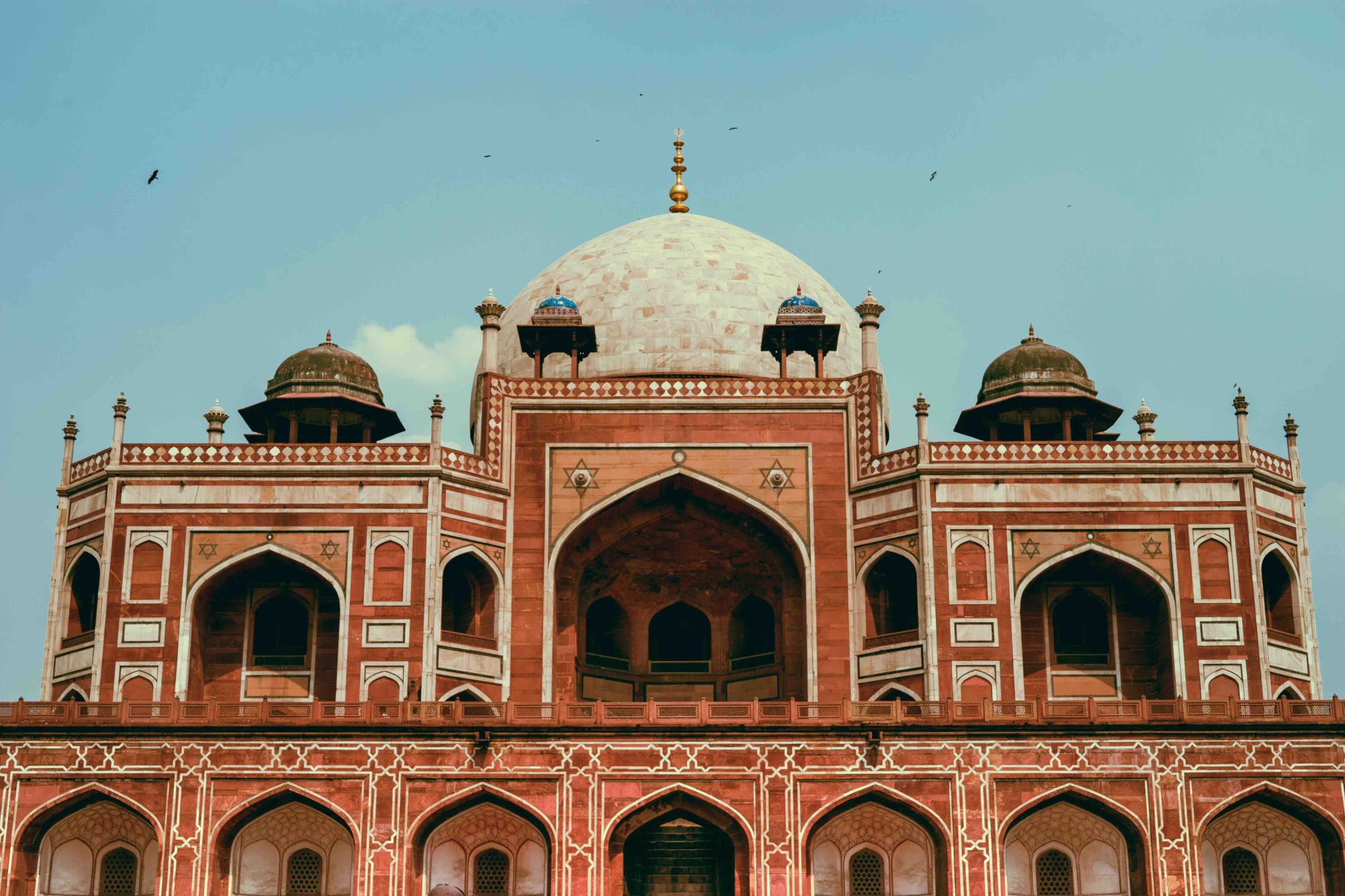
Coursework Overview
The program features an intensive, comparative curriculum and offers focused opportunities to consider how oppressed groups have advocated for greater rights and freedoms. Coursework will explore:
- disobedience in response to discrimination
- the ways groups have resisted the conditions of their oppression
- how groups have utilized the tools of public policy to gain reparative justice
“Caste, Class, and Race” promises to provide students with the historical consciousness needed to frame research questions; quantitative and qualitative methods to measure injustice; and the desire to strive for an equal world.
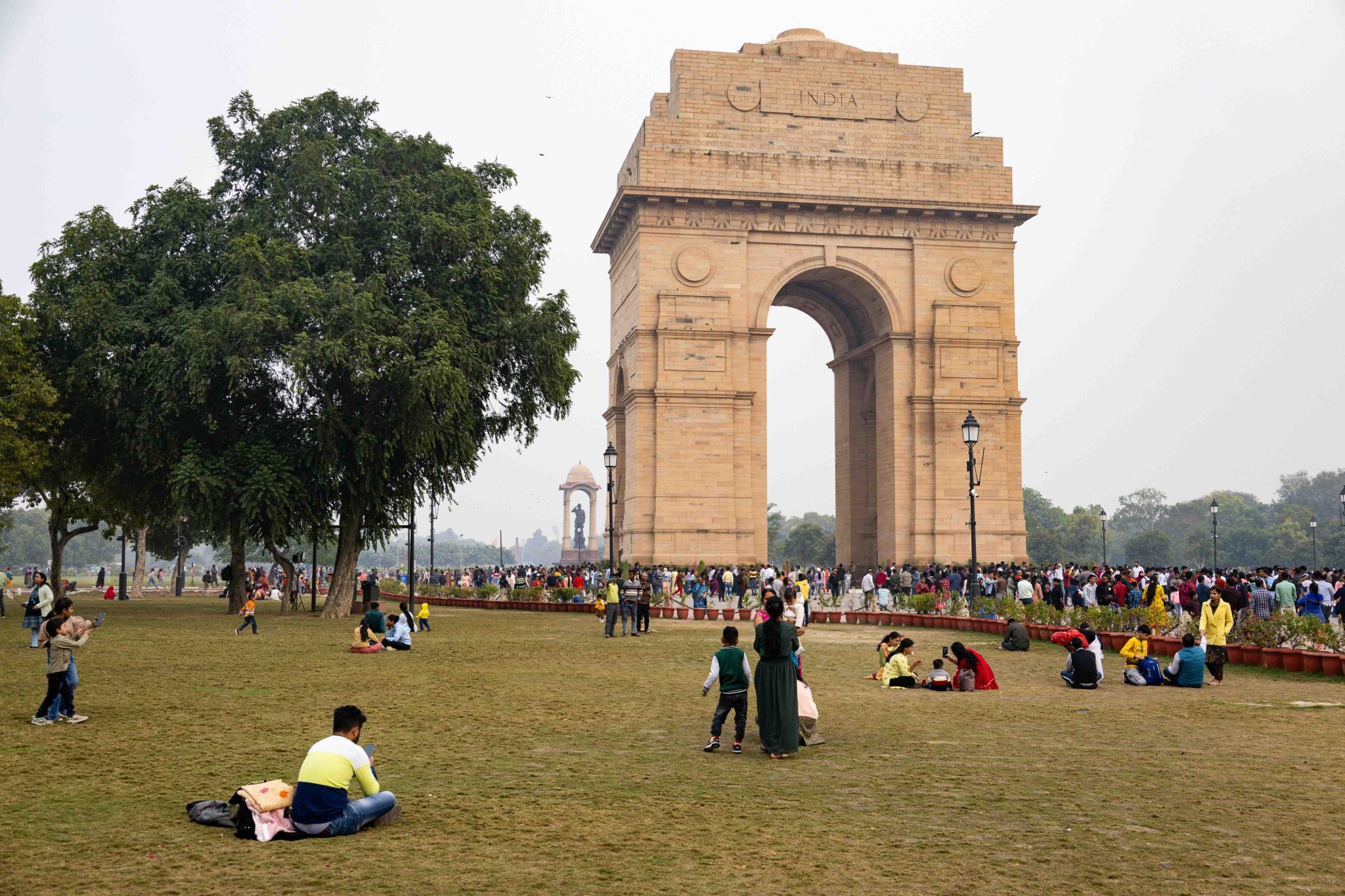
Guiding Questions
“Caste, Class, and Race” aims to shift the perspectives about the complex sources of inequality and their remedies. The program will address overarching questions such as:
- How did colonialism create the conditions for the development of social and economic inequality in a place such as India?
- Did colonial systems mitigate or aggravate economic inequality in a place such as India?
- Which thinkers, legislators, and practitioners have been at the leading edge of struggles against caste and racial discrimination in the United States and India?
- Why should anyone be civil in resisting uncivil and violent conditions?
- What role has religion played in sustaining the caste system and in the anti-caste movements in India?
- How may we compare race-based discrimination with caste-based discrimination, drawing upon the US and Indian examples?
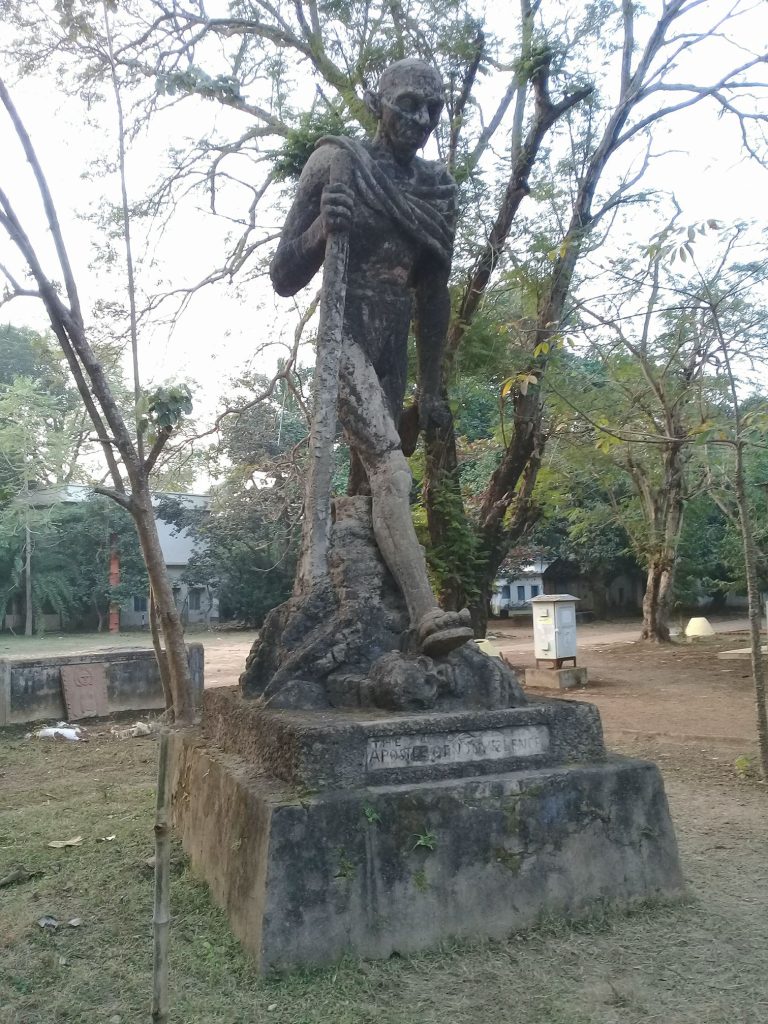
Program Features
Enrolling in “Caste, Class, and Race” offers:
- A 7-day trip to India, which will include visits to museums, memorial sites, the Indian Institute for Dalit Studies, and a half-day symposium on “Inequality and Identity”.
- Historical perspectives about the systemic phenomena that lead to impoverishment, exploitation, gender discrimination, socioeconomic blight, and racial oppression.
- Conversations with students and intellectuals at Jawaharlal Nehru University as well other organizations and advocates about contemporary solutions to the problems of inequality.
- Powerful discussions with leading faculty comparing different aspects of inequality in India including political and economic disparities shaped by colonialism as well as caste-based discrimination with race-based discrimination in the United States.
- Opportunities to become acquainted with the legacy of leading historical figures such as Mahatma Gandhi and Babasaheb Ambedkar and their frameworks for addressing inequality.
- Examples of reparative justice and public policies from a transnational perspective through examination of policies in Germany, South Africa, Namibia, and the United States.
- Quantitative and qualitative tools from the social sciences that reveal how particular policy solutions can mitigate inequality.
- Exposure to the history and impact of morally charged activism against inequality and injustice in the form of civil disobedience.
Program Sponsor
The Samuel DuBois Cook Center on Social Equity is a research center that studies the causes and consequences of inequality and develops remedies for these disparities and their adverse effects. Concerned with the economic, political, and social dimensions of uneven access to resources, opportunity and capabilities, Cook Center researchers take a cross-national comparative approach to the study of human difference and disparity.
In light of shortcomings in both global and local research, Cook Center scholars address the overarching social problem of general inequality as well as social problems associated with gender, race, ethnicity, provision of healthcare, and wealth discrepancies. As a result of their efforts, the Cook Center has produced some of the best available data and research on group-based inequality to develop policies to remedy intergroup disparity. Based on this research, the scholars offer policy solutions addressing inequality and its effects.
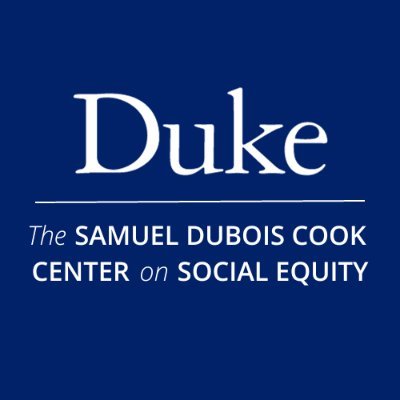
FAST FACTS:
Locations: Durham, NC and New Delhi, India
Term: Spring 2025
Dates: Travel Schedule: February 9-16, 2025 (Tentative)
Application Deadline: October 1, 2024
Academic Themes: History, Public Policy, Ethics, Economics, Political Science, Inequality Studies, Sociology, African and African American Studies
Eligibility: Students must have taken WRITING 101; non-Duke students matriculated at Duke are eligible for this program.
Program Fee
Courses
Students accepted into Caste, Class, and Race will receive the permission numbers needed to enroll in this set of Duke Immerse courses. Enrolled students must take the four courses outlined below. Overloading is acceptable with the permission of all instructors; no underload is permitted. (One Duke semester course credit is equivalent to four semester hours.)
Course numbers: HIST 323, AAAS 328
Curriculum codes: SS
Course Description: The course examines social science research methods as they pertain to inequalities of race, gender, ability, and class. Students will learn to approach interdisciplinary social science research from the perspective of inequality studies and to deploy quantitative, archival, and qualitative methods. Work will include consideration of diverse research paradigms, ethical dilemmas in the field, and theories and methods to undertake systematic modes of inquiry. It is a required course for the minor in Inequality Studies.
Instructor: Dr. Ayinwi Muma
Course numbers: PUBPOL 435, AAAS 425, ECON 436, POLSCI 425, SOCIOL 442, RIGHTS 444
Curriculum codes: CC, R, ALP, SS
Course Description:
This course will explore the scope of intergroup (e.g., based upon race, ethnicity, and/or gender) wealth and income inequality across countries. Particular attention will be given to the conditions producing those disparities in each case to provide a framework for understanding the causes of unequal wealth and income across social identity groups. To the extent those inequalities are the consequence of injustice, remedy is warranted. Three categories of potential remedies will be considered and evaluated both in terms of effectiveness and political feasibility: universal measures that may disproportionately benefit the subordinate group, indirect measures like more education or more financial literacy for the subordinate group, or direct measures including policies like “baby bonds” and reparations.
Instructor: Dr. William “Sandy” Darity
Course numbers: HISTORY 390S
Curriculum codes: TBD
Course Description:
What is the place and impact of morally charged activism against inequality and injustice over time and across cultures? This is the key question that this course explores by turning to a long- standing tradition of resistance named as “civil disobedience.” Traceable back to classical Greece and re-stated in 1849 by Henry David Thoreau, “civil disobedience” is exemplified in two important mass movements of the twentieth century led by Mohandas K. Gandhi and Martin Luther King Jr. respectively.
Drawing upon the anti-colonial movement against imperial domination in British India, and the struggles against racial segregation in the US South, the course will examine the economic, political, legal, symbolic, and psychological means variously used in non-violent resistance. Students in this course will study the philosophical underpinnings, historical contexts, and ethical implications of civil disobedience through a multidisciplinary lens.
Methodologically and conceptually, our goal is to track an “arc” and “archive” of disobedience to consider how and whether willful acts of dissidence, of “sitting apart,” and refusing to comply with inequities and oppression have resulted in a more equal and just world.
Instructor: Dr. Sumathi Ramaswamy and Dr. Avrati Bhatnagar
Course numbers: TBD
Curriculum codes: TBD
Course Description:
By the onset of the 21st century, African American history and interdisciplinary programs in Black Studies had emerged at the center of our reinterpretation of the American experience. With this new understanding of the nation’s history, there has been a growing interest in the relationship of history to public policy, racial inequality, and movements for the redressal of past atrocities. This course explores the case for African American reparations by analyzing the inequities of enslavement, Jim Crow, and post-industrial capitalism right up to the Black Lives Matter Movement.
In addition to examining the experiences of African Americans, we will look at the experiences of some other communities and their movements for reparative justice; these include Indigenous Americans and Japanese Americans; Holocaust survivors; descendants of the Herero and Nama peoples in Namibia; and Black South Africans following the end of apartheid.
Instructors: Arko Dasgupta
Faculty

Avrati Bhatnagar
Avrati Bhatnagar is historian of modern India and the British empire with a Ph.D. in History from Duke University. Her current book project, Disobedient Women in a Consumer City, presents the gendered history of politically motivated consumer culture in early twentieth century India, with special attention on urban market practices, anticolonial politics, and archival images. Her latest publication, a co-authored article titled 'Light Writing in the Lathi Raj: Bombay 1930-31' appears in the History of Photography. In Spring 2024, she taught a course titled 'Modern and Global India' in the Department of History at Duke.
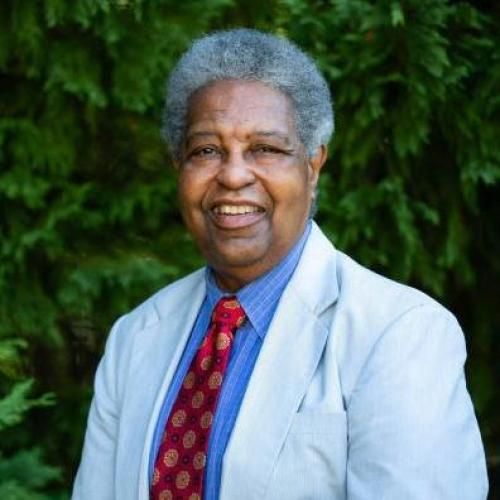
William Darity
William A. (“Sandy”) Darity Jr. is the Samuel DuBois Cook Professor of Public Policy, African and African American Studies, and Economics at Duke University. Darity’s research focuses on inequality by race, class and ethnicity, stratification economics, schooling, and the racial achievement gap. He has been a tireless advocate of reparations for African Americans and has published extensively on this topic including “Wealth Implications of Slavery and Racial Discrimination for African American Descendants of the Enslaved” (Review of Black Political Economy 2020) and his most recent work The Black Reparations Project: A Handbook for Racial Justice.
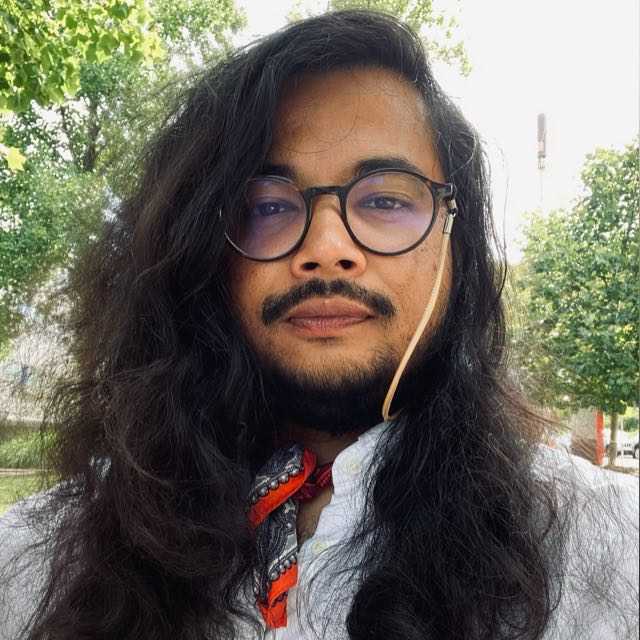
Arko Dasgupta
Arko Dasgupta is a doctoral candidate in history at Carnegie Mellon University. In the academic year 2024-25, he will be a visiting doctoral fellow in the Cook Center on Social Equity. Dasgupta holds an MPhil in International Studies from Jamia Millia Islamia, New Delhi (2016), an M.A. in Conflict Analysis & Peace Building from Jamia Millia Islamia (2013), and a B.A. in Economics, Political Science, and Sociology from St Joseph’s College, Bangalore (2011).
Dasgupta will lead the spring 2025 GIRI seminar for Duke Immerse, which will be a centerpiece of the program. In fall 2023, he taught a course at Carnegie Mellon titled “African American History, Race, And the Fight for Reparations in National and Transnational Perspective.” This course studied demands for reparative justice nationally and globally. Dasgupta’s experience teaching students the history, ethics, and politics of reparations will make his course a cornerstone of the program and foundational for those learning about these issues.
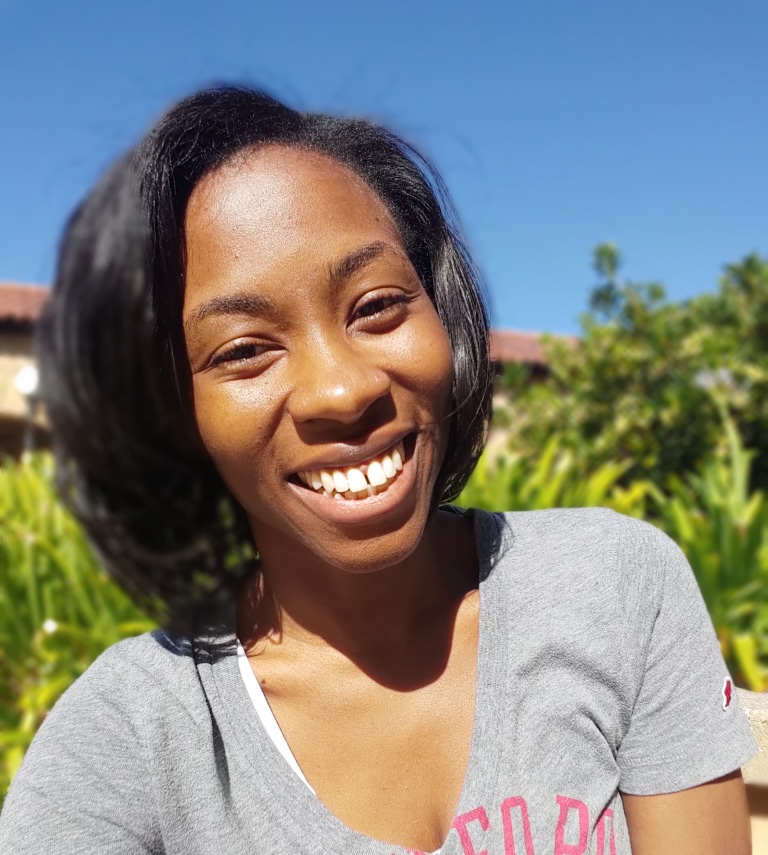
Ayinwi Muma
Ayinwi Muma, Ph.D., is currently a Postdoctoral Associate. Her research examines the impact of regulatory policy changes on entrepreneurial activity across various socially-constructed identity groups, e.g., race and gender.
Her dissertation explores three central questions: First, in “normal times” how do young, relatively unknown entrepreneurial firms introduce novel technologies into established organizational contexts? Second, what happened to investments in early-stage entrepreneurship during the COVID-19 pandemic? Third, how did the June 2022 overturn of Roe v. Wade affect subsequent entrepreneurial activity across states in the U.S., and what are the implications for entrepreneurship and labor force participation among women?
Ayinwi holds a B.A. in English & Comparative Literature from Columbia University, an M.B.A. in Strategic Management from Georgia Institute of Technology, and a Ph.D. in Management Science & Engineering from Stanford University.
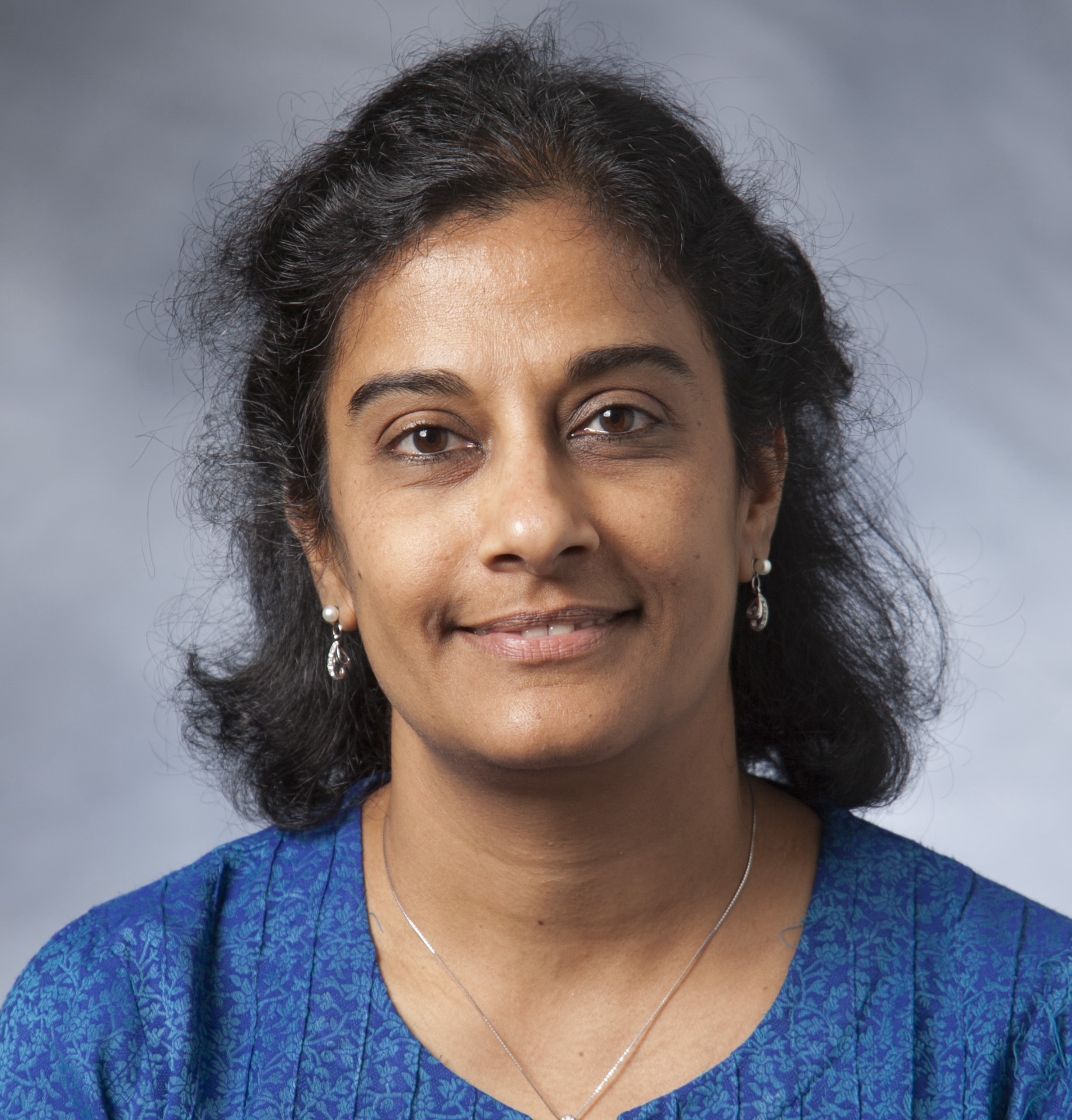
Dr. Sumathi Ramaswamy
Sumathi Ramaswamy is James B. Duke Distinguished Professor of History, and Chair of the Department of History at Duke University. She has also been President of the American Institute of Indian Studies since 2018. She has published on language politics, gender studies, spatial studies and the history of cartography, visual studies and the modern history of art, and more recently, digital humanities and the history of philanthropy in modern India. Her most recent works are Gandhi in the Gallery: The Art of Disobedience (New Delhi: Roli Books, 2020), a digital project on children’s art titled B is for Bapu: Gandhi in the Art of the Child in Modern India (2020), and a co-edited volume (with Monica Juneja) titled Motherland: Pushpamala N.’s Woman and Nation (New Delhi: Roli Books, 2022).
She is also a co-founder of Tasveerghar: A Digital Network of South Asian Popular Visual Culture (2006- ). Her research has been supported among others by the Social Science Research Council, John Simon Guggenheim Foundation, the American Council of Learned Societies, the Alexander von Humboldt Foundation, the National Humanities Center, the US Fulbright Commission, and the American Institute of Indian Studies. She is currently working on a new project on educational philanthropy in British India.
Program contacts: Email Duke Immerse Program Director, Susan Pratt at pratt.susan@duke.edu for more information.
Apply
All students who are interested, regardless of documentation or citizenship status, are encouraged to apply; accommodations and opportunities will be made for students who are unable to travel. We welcome Durham-based DKU students and UNC Robertson Scholars to apply. Please email the Duke Immerse director, Susan Pratt (pratt.susan@duke.edu) if you are interested in participating. Complete the online application using MyExperientialEd.